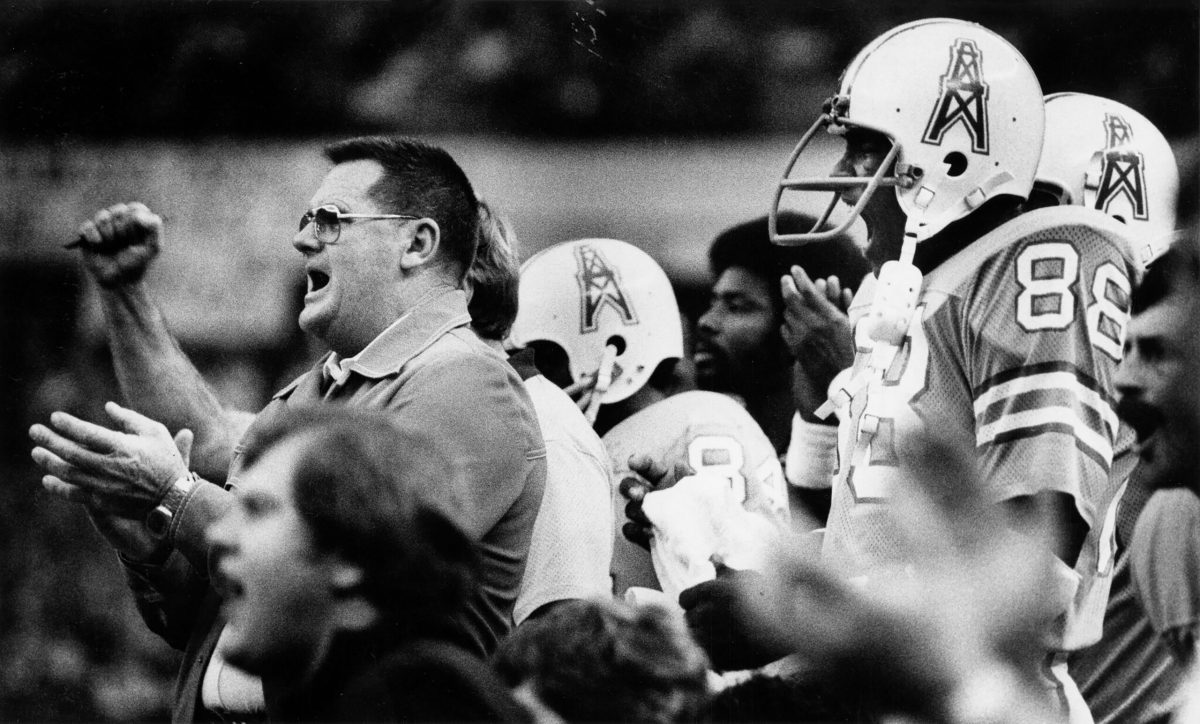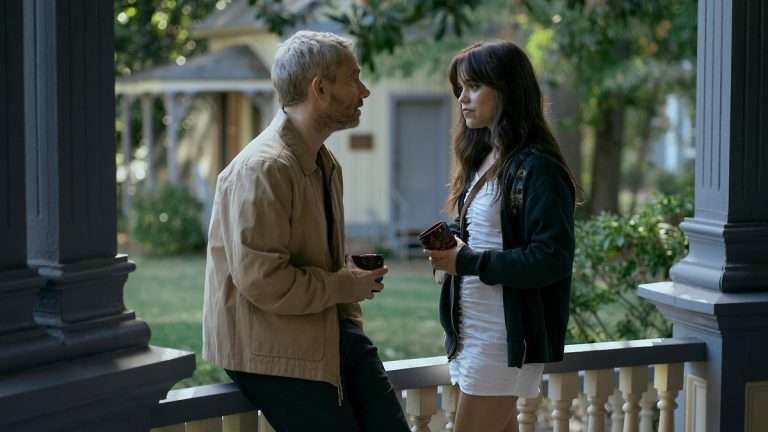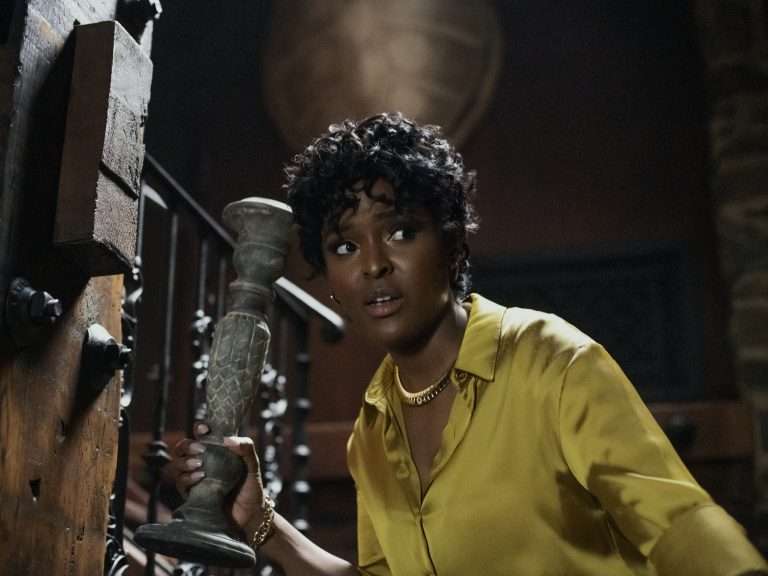When we talk about American football, we talk about a lot of aggression – both on and off the field. I mean, it’s a sport where players literally break a bone by tackling opponents, or twist an ankle as they rush for a touchdown. Even the usual off-field shenanigans – the coaches on the sideline are seen swirling and shouting obscenities towards their players to pump them up. In general, too, the normal perception of a good coach, teacher, or a leader is seen as someone who is downright inhuman to the people who need to learn – “Are you rushing, or are you dragging?”
But is that the standard? Or is it something that our conditioning has made us believe? Oail Andrew “Bum” Phillips Jr., popularly known as Bum Phillips, is someone who readily changed that notion. Known to most of the football-loving parts of America as the head coach of the Houston Oilers, Bum’s idea of leading his players was the polar opposite of the norms. He didn’t just believe in leading or teaching with kindness; he believed that you could only get the best out of people – or in this case – his players – by treating them with respect and compassion.
Narrated by Dennis Quaid, the team of Sam Wainwright Douglas, David Hartstein, and Andrew Alden Miller is more interested in this idea of kindness that Bum showed on the football field, which made him into such a well-known figure despite not leading the team to the ultimate breakthrough. “Luv Ya, Bum!” is an inspiring look at an icon who traversed with kindness on and off the field, and changed the grammar of coaching, or, as one of the Hall of Famers in the documentary points out, the grammar of teaching itself.
The narrative follows the usual beats. A collection of talking head interviews, grainy archival footage, and some intriguing choices that would have seen in other character-driven documentaries take the front seat. The legend is established with broad strokes at first – Who would expect a football coach emerging from Houston, Texas, all with cowboy boots, hats, and belt buckles, to be such a softy? However, the filmmakers soon settle down and tell us the reasons behind Bum Phillips’ unconventional coaching techniques.

The interviews make the shift from a little on-the-face documentation to a more personal, heartfelt one. The players, one after another, tell their tales of how Bum completely shifted the way all of them operated. In a completely counterintuitive approach when compared to other role models like Sid Gillman, Bum Phillips treated his players as children – some of them called him the dad they never had.
The engaging doc, beyond Bum’s philosophy of “Don’t humiliate to teach them”, also looks at his rise from a high-school football coach to head-coach of the Oilers – and the one who almost took them to the finish line. It takes a look at his famous numbers technique for defense that – to this day – is replicated by coaches worldwide. The flow of the doc also touches upon his early beginnings, his tryst with the army, the famous rivalry between Pittsburgh and Houston, and a few clips that look at his personal relationship with his son Wade and the family at large.
They say legacy and trauma move down to the next generation, and so, the final narrative arc in “Luv Ya, Bum!” looks closely at what Bum Phillips’ legacy became after he was gone. Since Bum was an ocean of empathy, the following generation followed suit and led with the same energy. The directors do take a quaint look at what Bum’s life was like without football – a loner who only understood his farm and his horse; but it’s important to note that he was able to leave the world with a lesson so dire and important that his personal battles became all too small.
When the doc ended, it left me with Bum’s own words that he said to one of his players, “If anybody doesn’t love you, I love you.” I feel the same about you, Bum!






![The Most Beautiful Boy in the World [2021]: ‘Sundance’ Review – The fading fallacy and ignorance of stardom](https://79468c92.delivery.rocketcdn.me/wp-content/uploads/2021/01/Bjorn_Keystill-768x513.jpg)
![Dear Comrades! [2021] Review: A gripping tale about the two days of the Novocherkassk massacre](https://79468c92.delivery.rocketcdn.me/wp-content/uploads/2021/05/Dear-Comrades-2-highonfilms-768x512.jpg)
